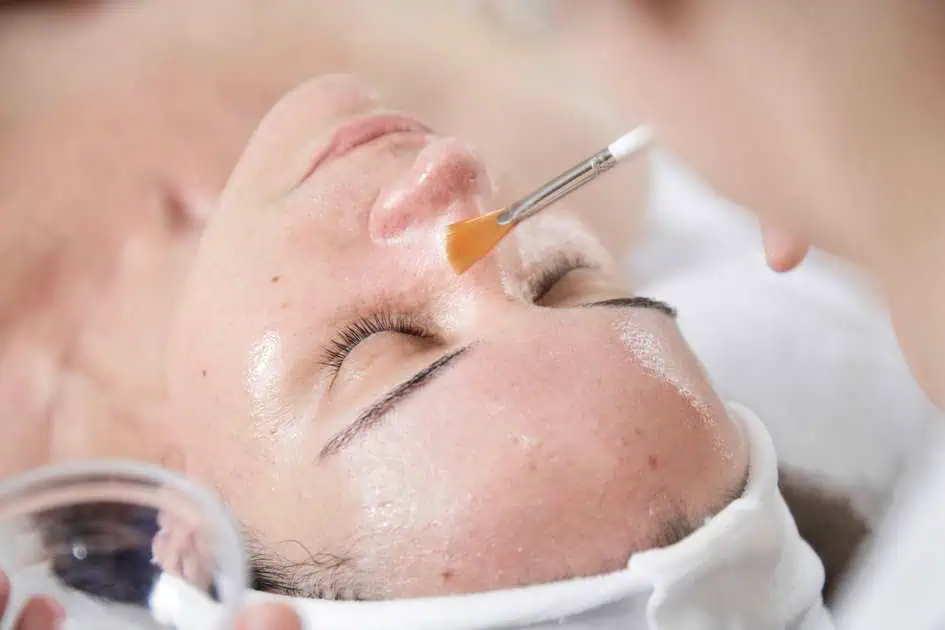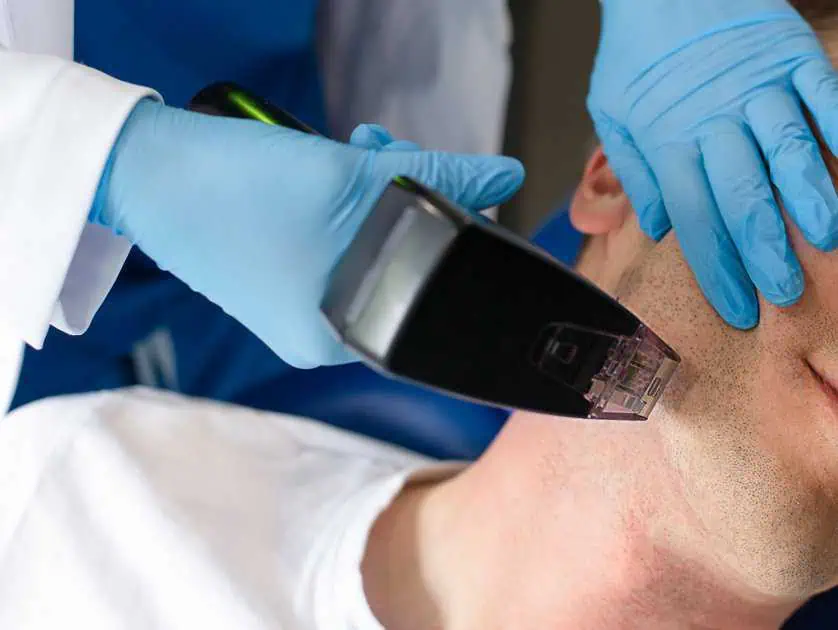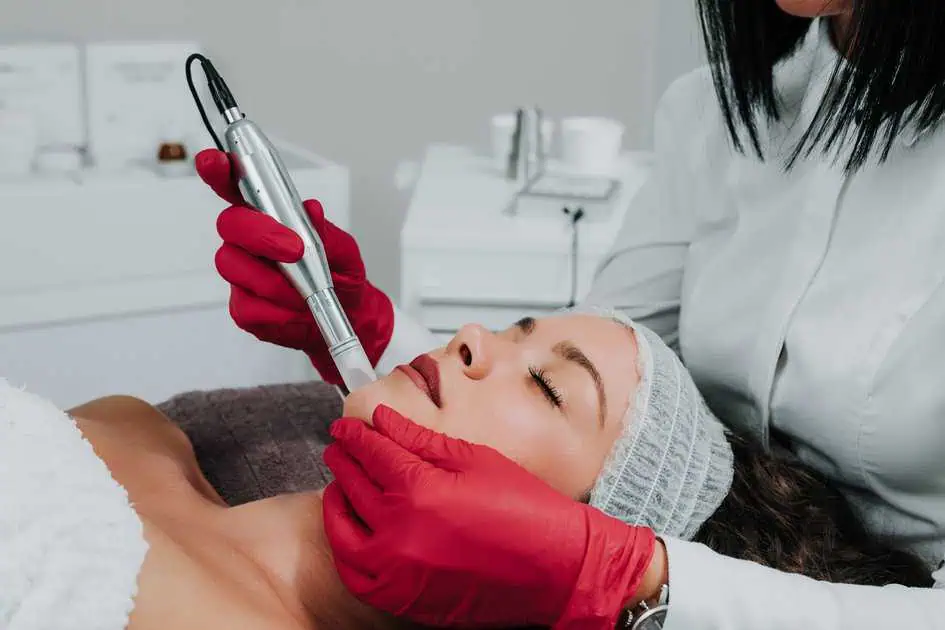In the quest for eternal youth and improved well-being, hormone replacement therapy (HRT) has emerged as a promising solution. As we age, our body’s hormone production naturally declines, leading to physical and emotional changes that can impact our quality of life. Fortunately, medical advancements have given rise to hormone replacement therapy, a groundbreaking treatment that aims to restore hormonal balance and revitalize our lives. This article will explore the fascinating world of hormone replacement therapy, its benefits, risks, and how it can empower individuals to lead happier, healthier lives.
Understanding Hormones and Aging
Hormones are powerful chemical messengers that regulate various bodily functions, including metabolism, growth, mood, and reproduction. As we age, the production of key hormones, such as estrogen, testosterone, and progesterone, naturally declines. For women, menopause marks a significant hormonal shift, while men experience andropause, which involves a gradual decrease in testosterone levels.
These hormonal changes can lead to many symptoms, including hot flashes, weight gain, decreased libido, mood swings, and fatigue. These changes can be disruptive for many individuals and affect their overall well-being and vitality.
The Promise of Hormone Replacement Therapy
Hormone replacement therapy has garnered attention for its potential to alleviate the symptoms of hormonal imbalances and improve overall health and vitality. The therapy involves administering synthetic or bio-identical hormones to supplement the body’s natural hormone levels. The two most common forms of HRT are estrogen and testosterone replacement therapies.
Benefits of Hormone Replacement Therapy
- Relief from Menopausal Symptoms: For women experiencing menopause, HRT can provide significant relief from hot flashes, night sweats, and mood swings. It can help them regain their energy levels and improve their quality of life.
- Improved Bone Health: Hormone replacement therapy can aid in maintaining bone density, reducing the risk of osteoporosis and fractures, particularly in postmenopausal women.
- Enhanced Cognitive Function: Some studies suggest that HRT positively impacts cognitive function, including memory and focus. It may reduce the risk of cognitive decline and conditions like Alzheimer’s.
- Cardiovascular Benefits: HRT has been associated with a potential decrease in the risk of heart disease in some women.
- Increased Muscle Mass and Strength: For men undergoing testosterone replacement therapy, there can be an improvement in muscle mass, strength, and overall physical performance.
- Improved Libido: Both men and women may experience increased libido and sexual satisfaction with HRT.
Types of Hormone Replacement Therapy
- Estrogen Replacement Therapy (ERT): This form of HRT is primarily used for women experiencing menopause. It can be administered in various forms, including pills, patches, creams, and vaginal rings.
- Testosterone Replacement Therapy (TRT): TRT is typically prescribed to men with low testosterone levels. It can be delivered through injections, patches, gels, or pellets.
- Bio-identical Hormone Replacement Therapy (BHRT): BHRT involves using hormones structurally identical to those naturally produced by the body. It has become a safer and more natural alternative to traditional HRT.
Common Symptoms of Hormone Imbalance
Hormones play a pivotal role in maintaining the delicate balance within our bodies. A wide range of physical and emotional symptoms can manifest when this balance is disrupted due to hormonal imbalances. Identifying these symptoms is crucial in recognizing the need for hormone replacement therapy or other medical interventions. Let’s explore some of the common symptoms associated with hormone imbalance:
1. Fatigue and Low Energy: Persistent fatigue and a general feeling of low energy often indicate hormonal imbalances. Hormones like thyroid, cortisol, and sex hormones can influence our energy levels, and when they are out of balance, it can lead to feelings of lethargy.
2. Weight Fluctuations: Hormones significantly affect metabolism and fat storage. Imbalances in hormones, such as insulin, cortisol, and estrogen, can lead to unexplained weight gain or difficulty in losing weight.
3. Mood Swings and Irritability: Hormonal fluctuations can affect neurotransmitters in the brain, leading to mood swings, irritability, anxiety, and even depression. Estrogen and progesterone imbalances, especially in women during the menstrual cycle or menopause, can contribute to these emotional changes.
4. Sleep Disturbances: Hormonal imbalances, particularly in cortisol and melatonin levels, can disrupt sleep patterns, leading to insomnia or frequent waking.
5. Low Libido: Reduced sex drive can result from imbalances in testosterone, estrogen, or other sex hormones. It can affect both men and women, impacting their intimate relationships and overall quality of life.
6. Hot Flashes and Night Sweats: These sudden and intense feelings of heat, often accompanied by sweating, are hallmark symptoms of menopause in women. Fluctuations in estrogen levels cause them.
7. Irregular Menstrual Cycles: Hormonal imbalances can cause irregular periods, heavy or light flow, or even the absence of menstruation altogether.
8. Hair Loss: Hormone fluctuations, particularly imbalances in thyroid hormones or androgens, can lead to hair thinning or loss.
9. Changes in Skin: Hormones influence skin health and appearance. Imbalances may lead to acne breakouts, dry skin, or increased facial hair growth in women (hirsutism).
10. Poor Concentration and Memory: Hormonal changes, especially in estrogen levels, can affect cognitive function, leading to memory lapses and difficulty concentrating.
11. Muscle Weakness and Jo
int Pain: Hormonal imbalances, particularly cortisol or thyroid hormones, can contribute to muscle weakness and joint pain.
12. Digestive Issues: Hormones play a role in regulating digestion, and imbalances can lead to symptoms like bloating, constipation, or diarrhea.
13. Sweating and Heart Palpitations: Fluctuations in hormones, especially thyroid hormones, can cause excessive sweating and heart palpitations.
14. Loss of Bone Density: Declining estrogen and testosterone levels can contribute to reduced bone density, potentially leading to osteoporosis.
It’s important to note that experiencing one or more symptoms does not necessarily mean hormonal imbalance. Many factors can contribute to these issues, and a comprehensive evaluation by a healthcare professional is essential to identify the root cause. If hormonal imbalances are suspected, hormone testing and assessment can help determine the appropriate treatment, including hormone replacement therapy or other medical interventions.
Is Hormone Replacement Therapy Right for You?
Deciding whether hormone replacement therapy suits an individual requires a comprehensive evaluation by a qualified healthcare provider. Age, health, medical history, and personal preferences should be considered. Open communication with a healthcare professional is essential for those considering HRT to understand the potential benefits and risks specific to their circumstances.
Conclusion
Suppose you’re experiencing any of the common symptoms of hormonal imbalance mentioned in this article. In that case, it’s time to take charge of your well-being and revitalize your life with Atma Health’s Hormone Replacement Therapy. Don’t let hormonal imbalances hold you back from living your best life.
Take the first step towards renewed energy, improved mood, and overall vitality by scheduling an appointment with our expert healthcare professionals. Book your appointment now and unlock the potential of Atma Health to restore hormonal balance and empower you to embrace life with renewed vigor and happiness. Your journey to a revitalized life begins here.







